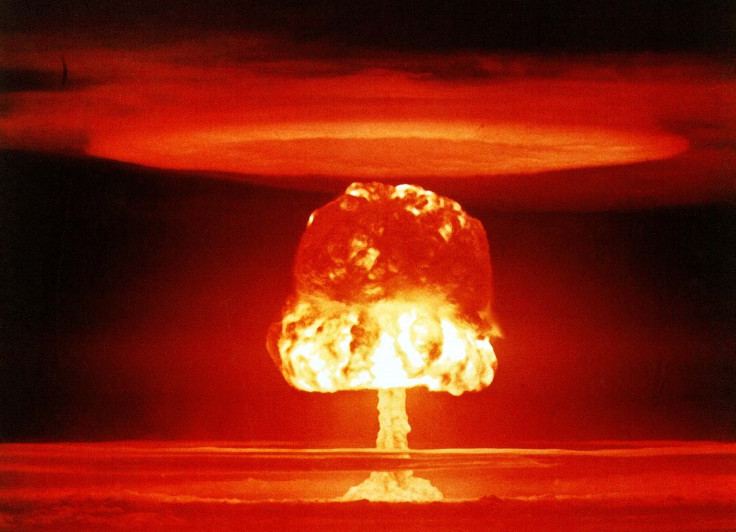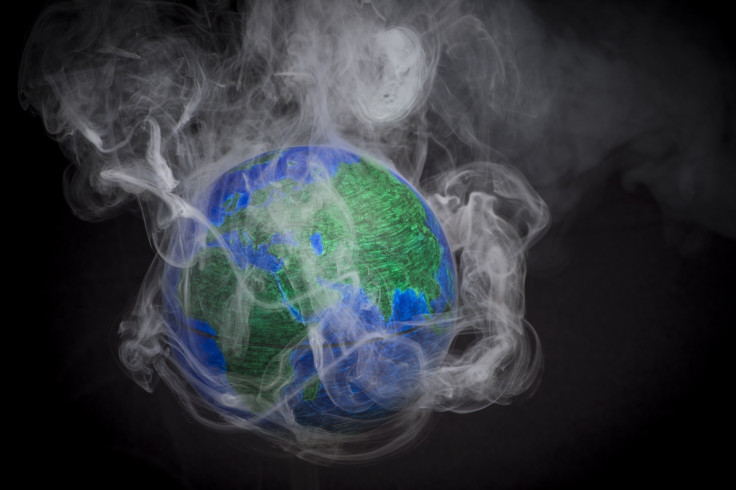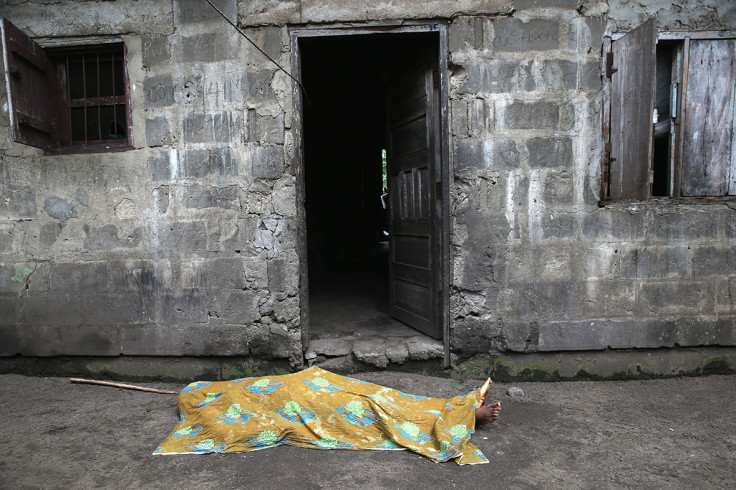Apocalypse soon? Five most catastrophic risks to humanity identified

The five 'biggest threats' to mankind have been announced. The Global Catastrophic Risks 2016 report identifies the events that are most likely to push our species to extinction. And here they are:
Catastrophic climate change

Climate change was at the forefront of global headlines in December last year when world leaders met in Paris to reach an agreement to prevent warming from breaching the 2C mark above pre-industrial levels. In the report, the authors say climate change is a "well-known anthropogenic risk" and that even if warming was curtailed, scientists still expected the planet to be adversely affected. "But this is not the worst-case scenario," it says. They warned there was a small chance warming could breach 6C, which would make the planet "dramatically less habitable".
Nuclear war
The report points out we "came close" to nuclear war a number of times in the 20<sup>th century. It said the inventions of these weapons heralded a "new era of risks". "A nuclear war between major powers would likely kill tens or hundreds of millions of people in the initial conflict, and perhaps many more if a nuclear winter were to follow." the report predicted.
Natural pandemics

Natural pandemics would include the likes of influenza, Ebola and Mers-CoV. The report said if a disease emerged that could be transmitted as easily as the flu and was as deadly as Ebola, humans would be in huge danger: "The results could be catastrophic," it said. "Fortunately this rarely transpires, but it is possible that it could, for example with the H5N1 influenza virus."
Exogenous risks
This includes natural hazards that are completely out of our control, such as super volcanoes erupting and asteroids striking the planet. The report notes that such events were unlikely to happen in the near future, and that these risks are "better understood" than others as the underlying dynamics have not changed for a long time. Regardless, it also points out these risks are known to have caused mass extinctions in the past.
Emerging risks

Emerging risks cover a wide spectrum of catastrophic events potentially brought on through human activity. This goes from a man-made pandemics to artificial intelligence, and everything in between. "Catastrophic risks from emerging technology are less well understood. Emerging technologies promise significant benefits, but a handful could also create unprecedented risks to civilisation and the biosphere alike. Biotechnology could enable the creation of pathogens far more damaging than those found in nature, while in the longer run, artificial intelligence could cause massive disruption."
Risks must not be ignored
Sebastian Farquhar, director at the Global Priorities Project, which was involved in the report, said: "We do not expect these risks to materialise tomorrow, or even this year, but we should not ignore them. Catastrophic but unlikely events do happen – think of the Spanish influenza pandemic at the beginning of last century which may have killed 5% of the population.
"As nuclear weapons have taught us, new technologies have the potential to increase these risks as well as reduce them. Although many risks are addressed by specific groups, we need to build a community around global catastrophic risk. Cooperation is the only way for global leaders to manage the risks that threaten humanity."
© Copyright IBTimes 2025. All rights reserved.






















